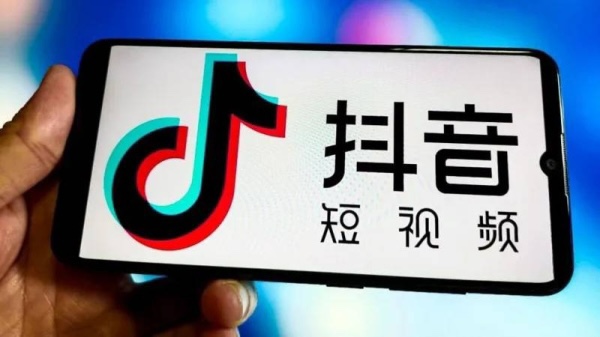Beijing tightens grip on China social media giants

Beijing’s new restrictions on China’s internet companies have come into effect, introducing stricter government oversight on social media platforms. The expanded State Secrets Law compels companies like Tencent, ByteDance, and Weibo to closely monitor user content for sensitive information, raising concerns about the law’s application and potential impact on freedom of expression.
Under the revised rules, network operators are required to scrutinize information shared by users. This includes identifying and removing sensitive posts, saving records, and reporting activities to authorities. The updated law is the first major change in more than a decade and aligns with President Xi Jinping’s focus on national security amid the government’s broader crackdown on China’s technology industry.

The implementation of these regulations follows the government’s announcement in February, which emphasized the need to address new challenges in state secrets protection. Officials noted that evolving technology trends have created additional risks for state security. Hong Kong-based law professor Ryan Mitchell explained that the changes “set a new standard for active self-monitoring and rapid cooperation” among internet companies, signaling a further tightening of control over online content.
A key concern for journalists and media organizations is the expanded definition of what can be considered sensitive information, now including “work secrets,” or details about state agency decision-making. Jens Eskelund, President of the European Union Chamber of Commerce in China, noted the uncertainty surrounding the interpretation of state secrets. He stated that “clear demarcations and definitions would be helpful” to avoid overstepping boundaries inadvertently.
Taiwan has also voiced apprehension over the new regulations, warning that the vague language could expose visitors from the island to legal risks when traveling to China. Taipei’s Mainland Affairs Council criticized the law’s ambiguity, suggesting it could lead to unintentional violations. Meanwhile, the international law firm Baker McKenzie FenXun indicated that while the definitions are broad and vague, the impact on multinational companies operating in China might not be as substantial as initially feared.
These new restrictions come as social media giant TikTok, owned by Chinese parent company ByteDance, faces increased scrutiny from the US and other Western countries. Despite the mounting pressures, Ryan Mitchell remarked that the new rules do not appear to be primarily aimed at regulating the overseas operations of Chinese companies, suggesting the focus remains on domestic oversight. Mitchell said.














